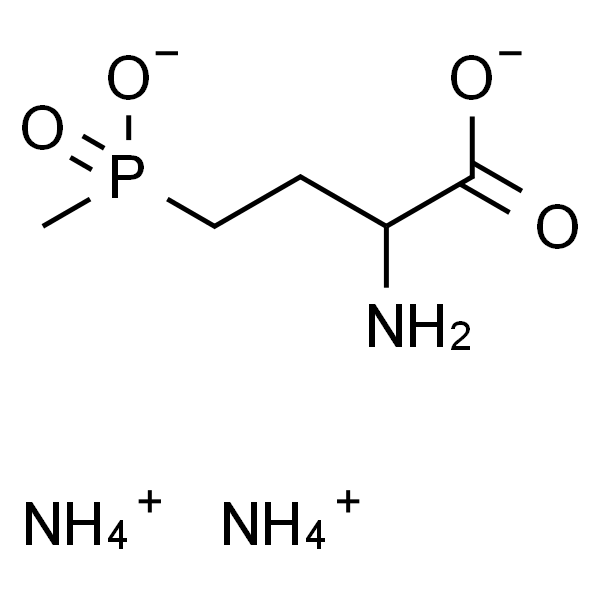Synthesis of Glufosinate-Ammonium Method 1
Currently, there are three main production processes for glufosinate-ammonium worldwide, with the most challenging one
being the high-temperature decomposition ACA process developed by Bayer BASF.
Bayer (BASF) is the inventor of glufosinate-ammonium, so what does their production process look like? In the first step,
methyl dichlorophosphate (MDP) reacts with isobutanol to produce methylphosphonate ester (MPE). Simultaneously, acrolein,
sodium cyanide, and acetic anhydride react to synthesize 2-acetoxy-3-butene (ACA). ACA and MPE undergo a Michael free radical
addition reaction, resulting in the formation of 3-(acetoxy)-3-(cyanopropyl)-methylphosphonate (ABMP). Subsequently, ABMP
undergoes amination, hydrolysis, and finally yields glyphosate-ammonium.
The glufosinate-ammonium obtained from this process has an estimated cost of 5,800 to 7,200 US dollars per ton, which is relatively
low. The yield is also above 92%, and the reaction process is solvent-free, odorless, and does not emit any residues, making it
environmentally friendly. However, due to the requirement of a temperature above 600 degrees Celsius for the reaction, it
demands high-quality reaction equipment and involves high investment. Additionally, the research on the Michael free radical
addition and MDP processes is not yet mature, making it difficult for other manufacturers to replicate their production methods.


Latest News
Contact Us

Name: Kim Gong
Tel: +86-15150222860 , +86-18015677881
E-mail: [email protected]
Skype: kim.gong
QQ: 326296678
WeChat: +8615150222860
Whatsapp: +8615150222860
Add: No.268, Jingang Road, Zhangjiagang Free Trade Zone, Zhangjiagang City, Jiangsu Province, China
 CHINESE
CHINESE ENGLISH
ENGLISH




 Skype Chat
Skype Chat WhatsApp
WhatsApp  Mail inquiry
Mail inquiry QQ online
QQ online
